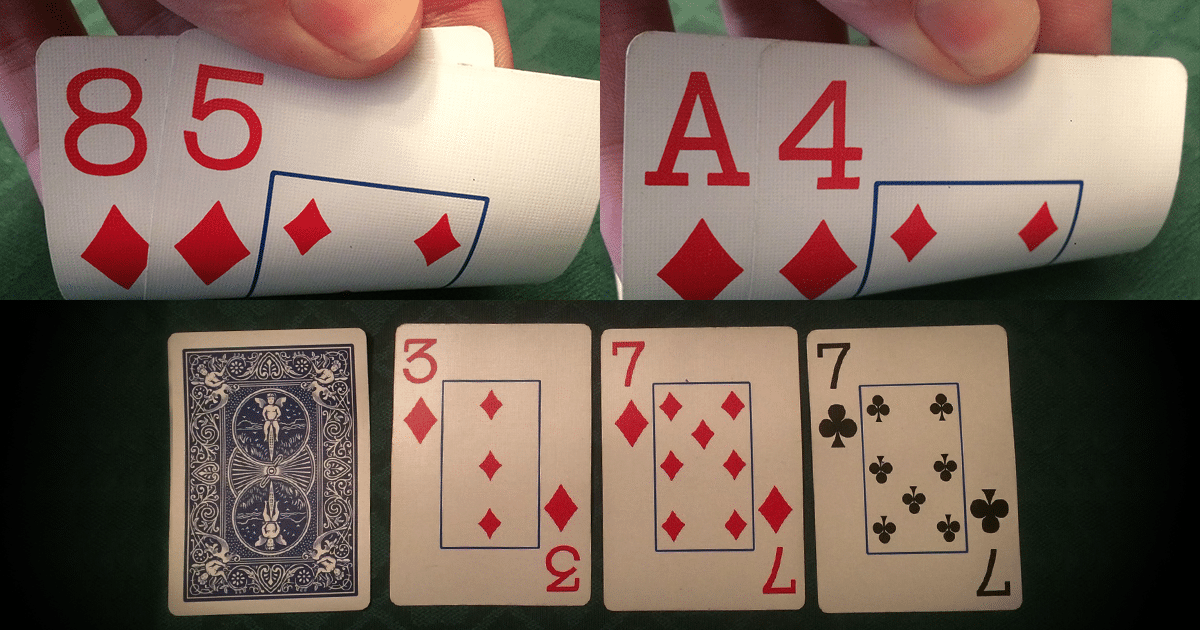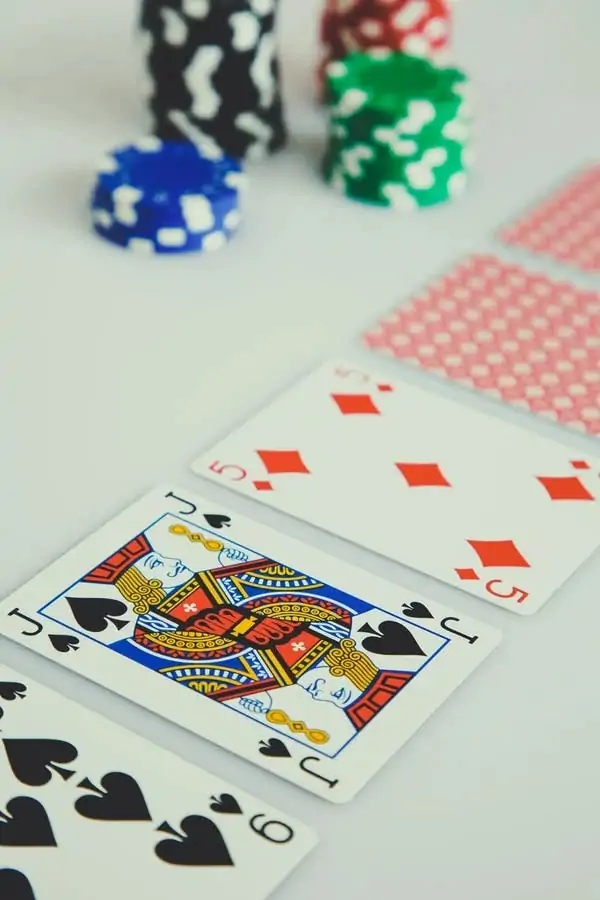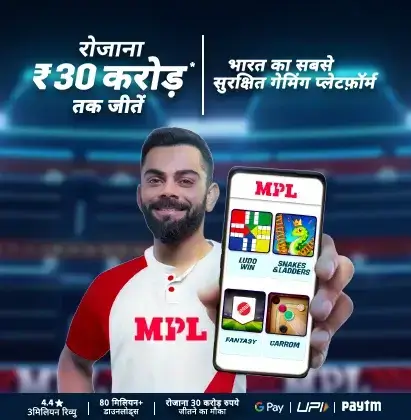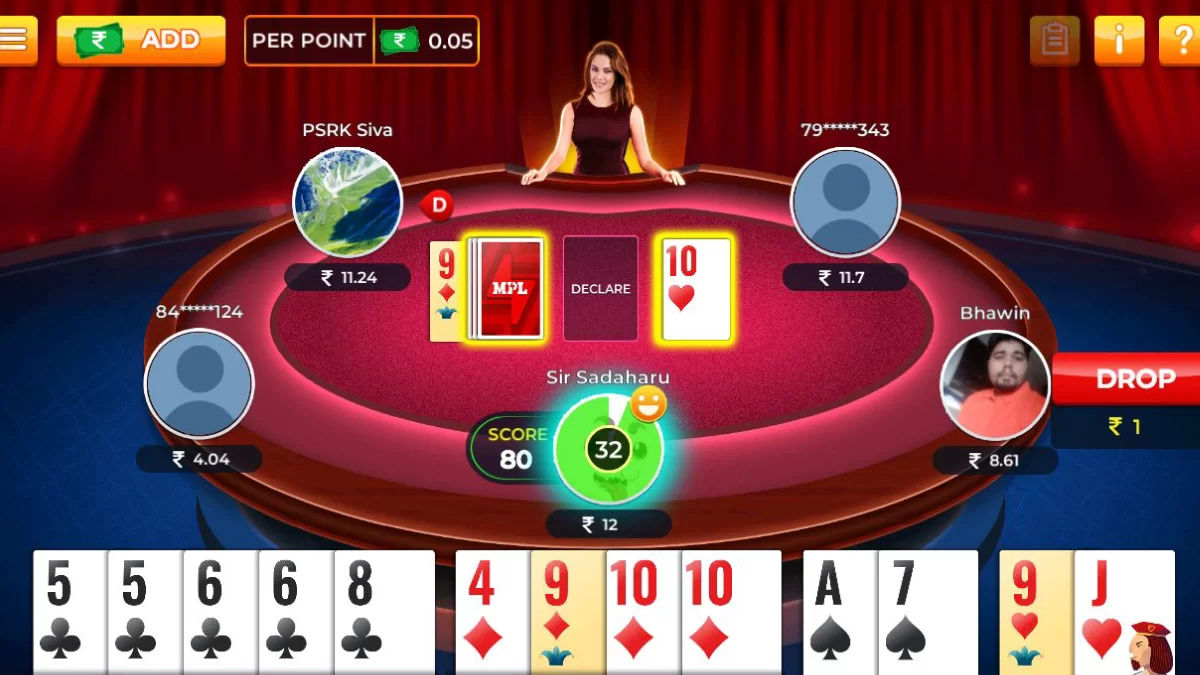To play poker, you have to be well-versed with the rules. Poker is not just a game based on sheer luck, you require certain skills in order to become a good player. Along with a few strategies, you develop a few other qualities like patience and discipline.
There are some poker skills that you can apply in everyday life as well. Even the best poker player uses these strategies to sustain and be a champion in the long run. In this blog, we will try to cover some of the strategies that you can use in offline and online poker.
Must-Have Poker Skills for Consistent Wins
Don’t Be The First Player To Limp
Limping in live games is a hard no if you’re the first player to enter a pot. There are two main reasons why you should avoid this:
- You cannot win the pot before the flop if you raised.
- If you have more players with enticing pot odds, you will likely lose money and the pot.
However, you can choose to limp when at least one player has already limped. This is called over-limping, and it is an excellent way to continue the game because you are getting great pot odds to hit something good on the flop.
Play Fewer Hands And Play Them Aggressively
You’ll bleed away all your chip stack if you play too many hands. Always keep a limit on how many starting hands you can play before the flop in No Limit Texas Hold’Em and all the other types of poker.
Developing a solid preflop poker strategy, it is one of the easiest and fastest ways to improve your poker skills. The best approach is to play a tight range of solid and playable hands on the poker table. Also, play those hands aggressively. If you play aggressive hands, it allows you to disguise the strength of your actual hand.
Semi-Bluff Aggressively with Your Draws
You can effectively determine one way of bluffing: to let the cards do the talking. In the poker world, bluff with hands that have the outs to improve to the best hand later, like straight draws, flush draws, etc. The draws can be your backup plan if someone calls out your bluff.
If you want to start playing and win it, you have to learn how to bluff effectively. Although it is a valuable skill, bluffing too much will result in you losing the match.

Poker players call such hands “semi-bluffs” because they tend to have potential beyond the bluff. Bluffing with average hands before the river is not advisable for a beginner.
Defend Your Big Blind if you have the Right Hands
Defend your big blind if your hands are right. How to defend those blinds depend on several factors- here are the main ones:
- Position of the raiser (play tighter against the early positions and looser against the late positions).
- The number of players in the hand (when 1 or more players have already called the raise, play tighter and only call with hands that do well in multiway pots).
- The size of the raise ( more significant the bet sizing, the tighter you should play, and vice versa).
- Stack sizes (when short-stacked, play fewer speculative hands and prioritize high card strength).
The big blind is a special position because you already have a big blind that is invested in the pot. Therefore, when you feel there is a raise, you will have better pot odds to call than the other positions.
Attack When Your Opponent Shows Weakness
When an opponent shows a lot of weakness in a heads-up pot, like checking on the flop and the turn, take advantage by bluffing aggressively. Do keep an eye on the body language too. Not only bet with the regular semi-bluffs, but you should also bet as a pure bluff with some nothing hands. These are a part of weaker players that you should target.
Fold When Unsure
A good poker player will lay down as much as a top pair when they think they’re getting defeated. We often overlook this, even the best poker players tend to do it. We are naturally curious and we want to win. Even if it is just a game, the stakes are high. When we fold, we automatically give up our chance to win the pot and we don’t get to know what the opponent has.
Calling too often and in the wrong situation is another way to lose money at poker after ineffective bluffs. Whenever you’re unsure whether to call or fold versus a bet or a raise, always go for a fold. At the same time, make sure that you note down the details of the hand so you can note down the details of the hand later, you can dissect with an analytical mind whether you made the right choice or not. This will definitely help you build your poker skills.
Play Solid Poker Early in Tournaments
Among various skills, there are some poker skills that you need to master to stay in tournaments. You can consider in order to finish the order in the money, you’re going to have at least double or triple your stack (usually more). Instead of playing defensively, go for solid and aggressive poker to build up a stack for a deep run. As a poker player, you also have to consider about bankroll management.
In poker tournaments and cash games, if you are falling short of money only then go for the survival style- playing defensively. Do not quit playing early on.
Be Realistic
While making a new deal, never put your opponent on a single hand, but think about ranges. Nobody has a specific hand in poker — they only have a range. It makes sense to play it in some spots — late position, for instance, in an unopened pot. But it should almost always be folded in an early position. Oftentimes, good poker players have some favourite starting hands. However, don’t give them preferential treatment and make bad plays with it.
Getting a winning hand and big pots in a poker game us all about poker skills and mathematics, and not lady luck.
Adopt a Consistent Strategy
Another big key to becoming a great poker player is to consistently apply quick strategies that will give you a confidence boost to win. Your poker strategy only matters if you always apply it at the poker tables: every hand counts, and every session counts. The best poker players apply the same winning strategy repeatedly, no matter how they feel or what their recent results have been. Poker is a long-term game. You need time to build your bankroll and find the suitable cash game or poker tournament strategy that works for you.
You should not change your strategy after a big win or a significant loss.
How to Spot a Fish
A Fish is someone who is a novice at playing poker games. A player like that does not play online poker well and ends up losing a lot of money. Here are certain tells in which you can spot a poker fish.
Plays too many Hands – Playing almost every hand is synonymous to a poker fish. This is one of the best ways to spot them.
Doesn’t know how to fold – They don’t fold often, and tries to play through to the end.
Makin an oversized All-in bets – If you see a player making an oversized all-in bet repeatedly, you can consider them to be a poker fish.
Unnecessary pre-flop raises – Apart from the oversized all-in bets, a poker fish also makes needless pre-flop raises without seeing the community cards.
Raising more as soon as he wins a game – A poker fish often gets carried away after winning a game and thus, raises more lavishly without bothering about his cards.
Poker Math
Poker is a game of skill, so the player having the maximum skill has an advantage over others. Poker mathematics is essential because it helps you calculate the odds of winning or to lose a game.
Behaviour of Good Poker Players
You might say that luck plays some part in the success of famous poker players but eventually, it’s the basic qualities or attributes that a winner possesses which amount to their wins and success.
Learning from Mistakes – A winner makes a habit to learn from the mistakes that he has already committed. This helps a winner to improve his game all the time.
Understanding pot odds – Most of the winners have a sound understanding of the poker game theory as well as the pot odds. This mathematical aptitude could be a result of a university degree in game theory or years of experience in playing poker. This is surely an advantage & helps a winner to understand and estimate very precisely whether certain actions are likely to be profitable for him or not.
Good stack and bankroll management – A lot of winners keep a proper record of their stack, won or lost. This can be very simple as you just need to write down how much you’ve won or lost on a given day so that you know where you are over time. But sometimes, it can be a little complex, especially when you decide to make a more detailed account by including factors like hours played, time of the day, number of games and opponents played etc.
Hand Selection – A winner always selects the right poker hands to play. Selection of hands is very important as it decides your fate in the game i.e. whether you end up being a winner or loser.
Play When You Feel Like Playing Poker
The main objective is to enjoy the game. Emotional stability is of utmost importance when it comes to playing poker. Sound knowledge, along with deep focus will help you ace the game. You’re going to give your best when you are happy.
If you are seeing signs of frustration, fatigue, or anger building up, you should quit playing as soon as possible. Poor judgment skills at a poker table will do you no good. If you stop playing, you will be saving a lot of money instead of making poor decisions while trying to win a big pot.
Also Read: Poker Bankroll Management- A Detailed Guide
Tells in Online Poker
Poker Tells include acts, gestures, and other mannerisms that a poker player displays when trying to disguise the strength of their hand. Here you will find a few good online poker tells that will undoubtedly help you win at a poker table.
Tells Indication
1. Long pause, followed by a raise-Very strong hand
2. Instant automatic raise-Usually very strong hand
3. Instant automatic check-Weak or folding hand
4. Opponent quickly calls your bet-Moderate to Semi-weak hand
5. Very small bets-Weak hand, sometimes a monster hand
6. Massive all-in bets- Monster hand or bluff
In Conclusion
Great poker players use these strategies to their advantage and become a winner. Sometimes, players can use them in the middle of a game, switch gears and completely flip the game over its head. To survive the long periods, many players opt for the above strategies. And you can do it too!










